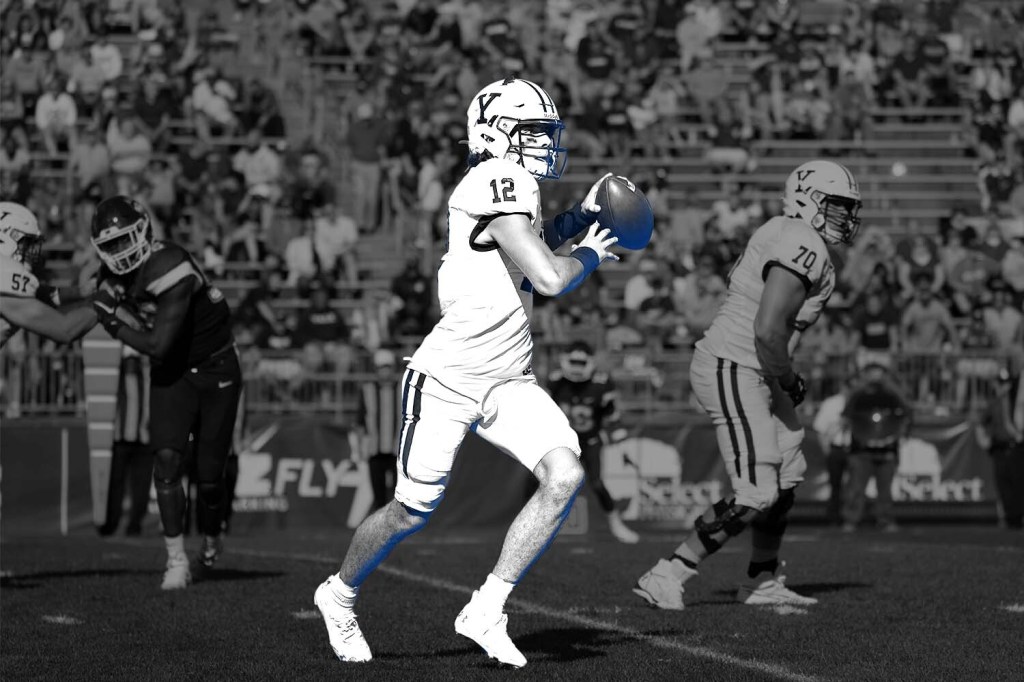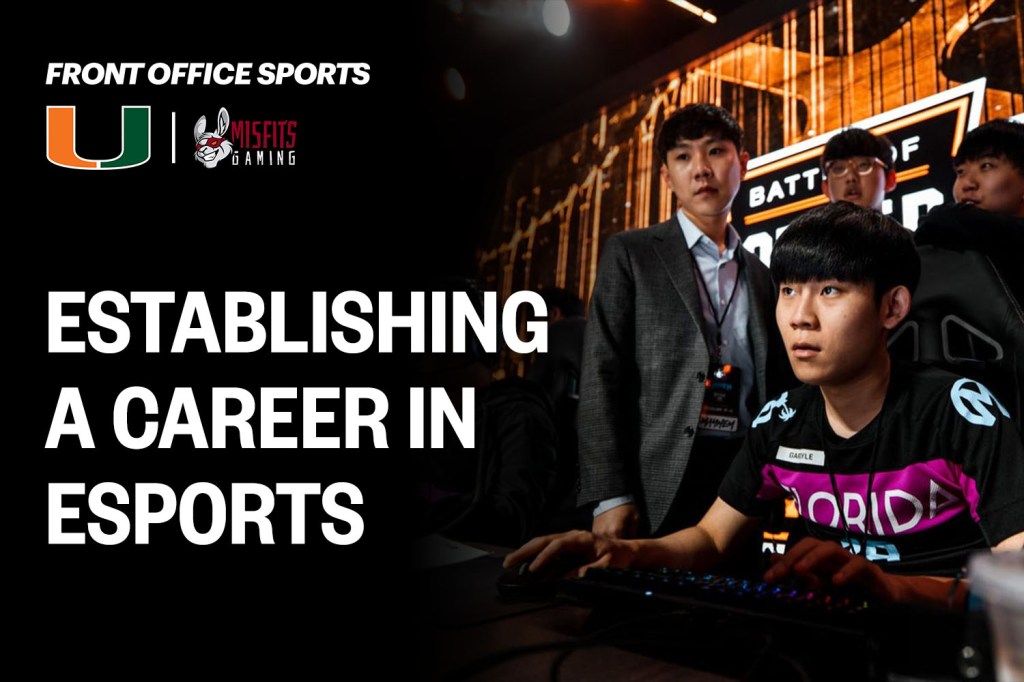When sports shut down in March 2020, the Ivy League led the charge among Division I conferences: It was the first to cancel both conference basketball championship tournaments.
In fall of 2020, leagues scrambled to put together football and basketball seasons — no matter how haphazard — and eventually held other sports, too.
But the Ivy League remained dormant, and didn’t return to playing until this fall. It was the only D-I conference that didn’t host any in-season competition for the entire 2020-21 school year.
The decision was part of a philosophy that set the conference apart from others in D-I. “You sense a theme here: That we treat our student-athletes like we do our other students,” Ivy League executive director Robin Harris told FOS.
Against the Grain
Ivy League athletes had to follow the protocols that each school had implemented for students, Harris said. Because some schools didn’t allow students to travel or visitors to come to campus, playing was impossible.
Some praised the conference for refusing to put athletes in harm’s way. Athletes in FBS conferences followed different protocols than regular students, which was the only way to avoid these conferences losing billions without football.
But the Ivy League’s decision brought its own detractors. In some cases, the anger came from its own players — and many planned to transfer, according to The Wall Street Journal.
“The Ivy League is clearly not investing at all in their student-athletes,” John Torroella, on the Brown baseball team at the time, told FOS this past February. Now, he’s on the baseball roster at the University of Michigan.
Harris acknowledged the “heartbreaking” disappointment athletes felt at the time, but quickly turned to how the conference has bounced back. She said she has not seen an unusual uptick in transfers.
Blueprint for Return
To restart this year, the Ivy League used the same principle that led to the cancelation the 2020-21 season: leaving it up to the schools.
“It’s up to each institution,” Harris said. It’s “whatever the protocols [schools] have in place for their campus and for their own students.”
A vaccine mandate was a key part of every school’s plan. Harris said that at least 90% of every campus is fully vaccinated — much higher than the national population average.
There aren’t conference-wide vaccine requirements elsewhere in D-I. But the Ivy League’s approach shows how effective mass vaccinations can be: The league has also only seen one postponement of a women’s soccer game, which was played the following day.
Restarting Competition
Before this fall, the Ivy League took criticism for not finding a way to play when every other D-I conference could. The next issue was how the teams would perform once they finally came back.
“There’s been so much conversation and skepticism on how successful Ivy League athletics would be after a year-and-a-half pause,” Harris said. “I think we’ve done really quite well.”
She praised the non-conference record across sports, and noted the league has three women’s soccer teams that could qualify for the NCAA tournament, for example. “We’ve seen no dropoff in the competitiveness and the success of our teams,” Harris said.
Not only have sports come back, but so have the fans. Multiple football games have drawn more than 10,000 fans so far, with at least one drawing 20,000 — major numbers for non-FBS programs.
“The enthusiasm and the excitement around all of our sports has been unbelievable,” Harris said. “I think it’s always there, and I think we’ve taken it to another level this year.”
Tips? Comments? Reach out to Amanda Christovich at amanda@fos.company or on Twitter.



